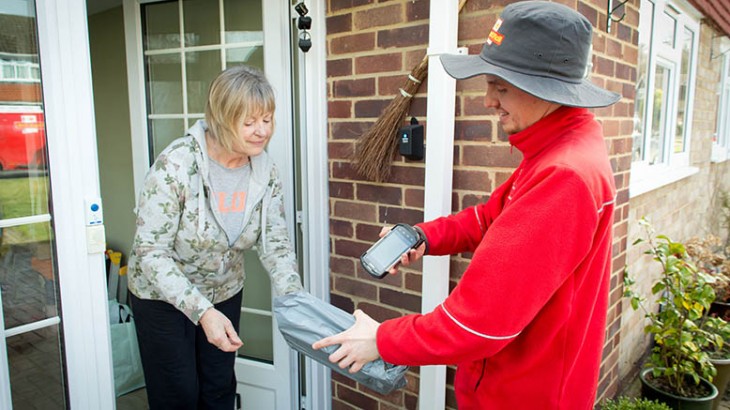Ready, Steady, Bake!

Britain is preparing for the hottest start to the summer holidays for almost 120 years with temperatures set to hit 35C or higher this week.
Intense heat is being brought north from a plume of Saharan air - which is already hitting parts of southern Europe with scorching conditions.
Public Health England has issued an amber heat-health warning – one level below a ‘national emergency’ red warning this week as forecasters claim that, while daytime temperatures are set to hit highs in the mid-30s, high humidity levels will make it feel more like 44C.
If you’re working outdoors, remember to follow the five simple steps below to protect yourself from sunstroke and the risk of skin cancer, which is now the most common and fastest rising cancer in the UK:
1. Cover up - Wear long, loose clothing to keep the sun off your skin. Your uniform is made from a special fabric to protect against ultraviolet radiation.
2. Protect your head - Don’t forget your head, face, ears and neck. Wear a wide brim hat that’s part of your uniform - it’s specially treated to protect against the sun. Wear sunglasses with ultraviolet (UV) protection.
3. Take your break in the shade - Come out of the sun when you have the chance, especially during the most powerful ultraviolet periods of the day between 11am-3pm.
4. Use sunscreen - Use Sun Protection Factor (SPF) 30 or higher on any exposed skin - apply it half an hour before going outside, put plenty on and reapply it frequently.
5. Be skin safe - Report mole changes (size, shape, colour, itching or bleeding) or any other concerns about your skin to your doctor. Non-melanoma skin cancers tend to develop most often on skin that's exposed to the sun from working outside. See your doctor if you have:
- a spot or sore that doesn't heal within four weeks
- a spot or sore that hurts, is itchy, crusty, scabs over, or bleeds for more than four weeks
- areas where the skin has broken down (an ulcer) and doesn't heal within four weeks.
To prevent dehydration, drink plenty of fluids such as water, diluted squash or fruit juice. Most of the time, you can prevent dehydration by drinking water regularly throughout the day, especially in hot weather and when working outdoors.
Heat exhaustion can be prevented by following the recommendations above, and having plenty of cold drinks, eating cold foods, or keeping a damp cloth on the back of your neck.



